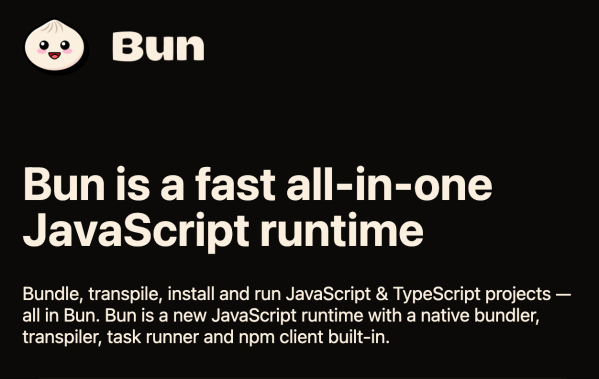There comes a time in any software developer’s life when they look at their achievements, the lines of code written and the programming languages they have relied on, before wondering whether there may be more out there. A programming language and its associated toolchains begin to feel like familiar, well-used tools after you use them for years, but that is no excuse to remain rusted in place.
While some developers like to zigzag from one language and toolset to another, others are more conservative. My own journey took me from a childhood with QuickBasic and VisualBasic to C++ with a bit of Java, PHP, JavaScript, D and others along the way. Although I have now for years focused on C++, I’m currently getting the hang of Ada in particular, both of which tickle my inner developer in different ways.
Although Java and D never quite reached their lofty promises, there are always new languages to investigate, with both Rust and Zig in particular getting a lot of attention these days. Might they be the salvation that was promised to us C-afflicted developers, and do they make you want to zigzag or ferrously oxidize?













